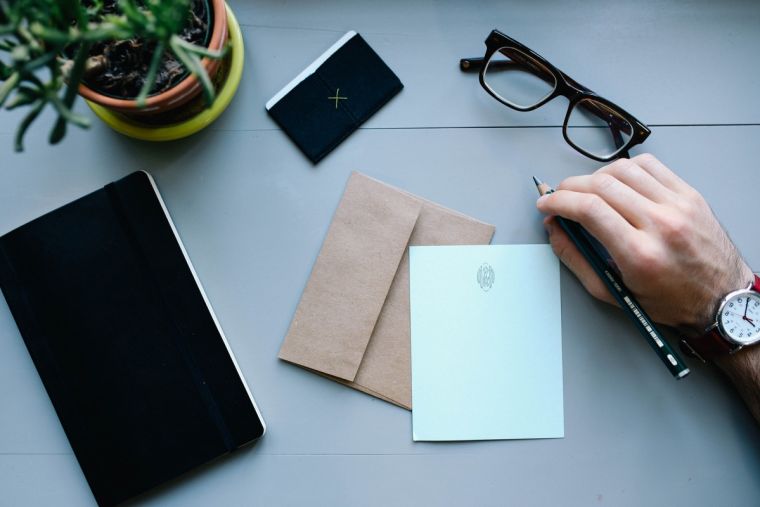3 practical tips to improving your apologies

Johnny Depp and Amber Heard's dog drama saga is in the news again after a video apology, of sorts, featuring the pair was released by the Australian government yesterday.
During the short clip which lasts just over 30 seconds, Heard says: "I am truly sorry that Pistol and Boo [their Yorkshire terriers] were not declared," while Depp sits beside her and appears to nod ever so slightly.
The video has been heavily critiqued for a number of reasons including the celebrity couple's delivery, and the Guardian's film critic even gave their "performance" one star.
So Depp and Heard don't appear to have mastered the art of a genuine apology but they're not the only ones. Many of us can mess up when it comes to saying sorry.
In this case, criticism of Depp and Heard comes from the perception that the apology is disingenuous and mocking. Whether this was the Hollywood couple's intention or not, it can be the way that even our most sincere attempts at apologising can be interpreted.
So what are the key ingredients to making a good apology?
Wording
Words don't come easily to everyone but there are three that every apology should include: "I am sorry". As obvious as it may seem, the absence of these three words are a common trait of bad apologies.
But although these words are essential, your apology shouldn't stop there. What are you sorry for? Articulate this to the person without putting the blame on them. Avoid phrases like: "I'm sorry that you feel I did something to hurt you" and instead opt for phrases along the lines of "I was wrong about...". Using lots of words can come across as just as insincere as using too few. What makes an apology more authentic is if it's true to your character. If you never struggle with words but your apology is extremely short, then it's unlikely to be convincing and the same goes for vice versa. You don't want to sound scripted.
Timing
An apology is about more than what you say, when you say it is important too. Ideally it's best delivered before you've been prompted to do so. This way it doesn't come across as forced but shows that you're recognising your mistake and wanting to make amends of your own accord.
If you don't make the effort to make amends immediately or even within a reasonable time period, never feel as though it's too late to apologise. Although admitting that you were at fault as soon as you realise is best, don't be put off by thinking there is an expiry date on apologies. You never know how long the person you offended has been thinking about it, and your apology could just be the key to helping them put the issue behind them.
Body language
Admitting that you've done something wrong and asking for forgiveness isn't the easiest or most comfortable thing to do, and that's probably a good thing because wanting to avoid apologising can help you be more careful about how treat people in the first place.
In face-to-face apologies, giving regular eye contact shows that you care about how the other person responds to your admission of guilt and request for forgiveness. Slumping back in your chair isn't going to give them the impression that you really mean it or that you're remorseful, and avoiding their gaze, no matter how awkward it makes you feel, won't either.











